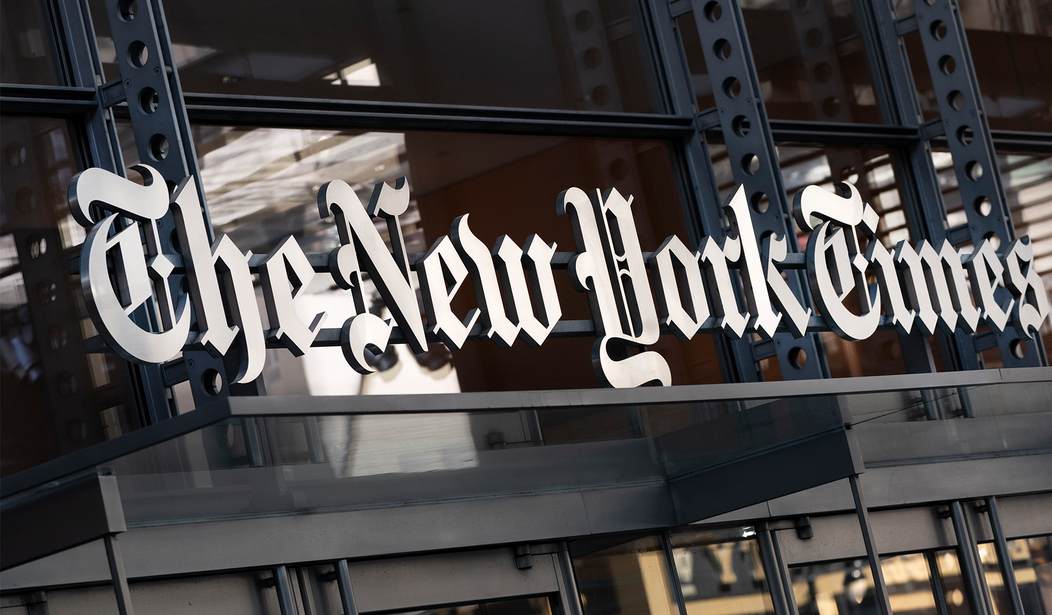The New York Times and its readers loved the pandemic. It gave endless fearmongering fodder, enabled a new way to smear/censor MAGA domestic terrorists as racist conspiracy theorists for pointing out correctly that it emerged from a U.S. government-funded Chinese lab, and provided a new avenue for virtue-signaling with mask and vaxx sticker selfies.
COVID was very good for business and the neoliberal ideology of concentrated power and authority in the public-private, fascist technocracy by way of Public Health™ authorities.
Got my Flu shot.
Got my Covid booster.
Took a sticker because I am a child.🦄💉🩹☺️ pic.twitter.com/p7sBcIRTIo
— Rachel (@herenowhere3) October 11, 2023
So you’ll understand why the Newspaper of Record is beside itself about the possibility that scientists will no longer be permitted to experiment recklessly with pathogens with no oversight of any kind, using public money, in Third World laboratories in the hopes that they can use the results of their work to gin up more profits for their pharmaceutical sponsors.
Via The New York Times (emphasis added):
Questions about whether Covid leaked from a Chinese laboratory have cast a chill over American virus research, drying up funding for scientists who collect or alter dangerous pathogens and intensifying a debate over those practices.
The pullback has transformed one of the most highly charged fields of medical science. While some believe such experiments could fend off the next pandemic*, others worry that they are more likely to start one.
At Pennsylvania State University, a proposal to infect ferrets with a mutant bird flu virus passed the federal government’s most rigorous biosafety review only to be rebuffed by the National Institutes of Health. Troy Sutton, the scientist behind the studies, said that health officials referred to the public controversy over the lab leak theory in advising him to pursue different experiments.
*The claim that gain-of-function research — the entire point of which is to soup up natural viruses through artificial manipulation in a lab in order to try to make them more infectious or deadlier or both — could somehow “prevent a pandemic” is so stupid that it almost defies response. The only slightly more plausible claim, which also strains credulity, is that by doing gain-of-function and birthing a new pandemic, the pharmaceutical industries might have a jump on developing effective therapeutics to mitigate the damage caused by this kind of experimentation. But COVID has proven that even that proposition is dubious at best.
What gain-of-function is actually very good for is providing new pretexts for social control schemes and pharmaceutical profiteering. On those scores, gain-of-function research has extreme utility. It transformed Anthony Fauci into a national celebrity on the left and made Pfizer untold billions, much of which, of course, was filtered through the corporate state media for their obsequious coverage in the serve of said aims.
In Washington, international development officials pulled the plug this summer on a $125 million program to collect animal viruses on several continents after two senior Republican senators demanded that they end the project.
And elsewhere in the United States, nearly two dozen virologists, some of whom spoke anonymously for fear of jeopardizing funding or career prospects, described a professionwide retreat from sensitive experiments. Some said that they had stopped proposing such work because research plans were languishing in long and opaque government reviews. One virologist said that university administrators had asked him to remove his name from a study done with colleagues in China.
Consider the kind of stranglehold that the pharmaceutical industry has on academics. These cowardly scientists won’t even put their names to paper to decry this kind of dangerous research because they know well what the professional consequences will be.










